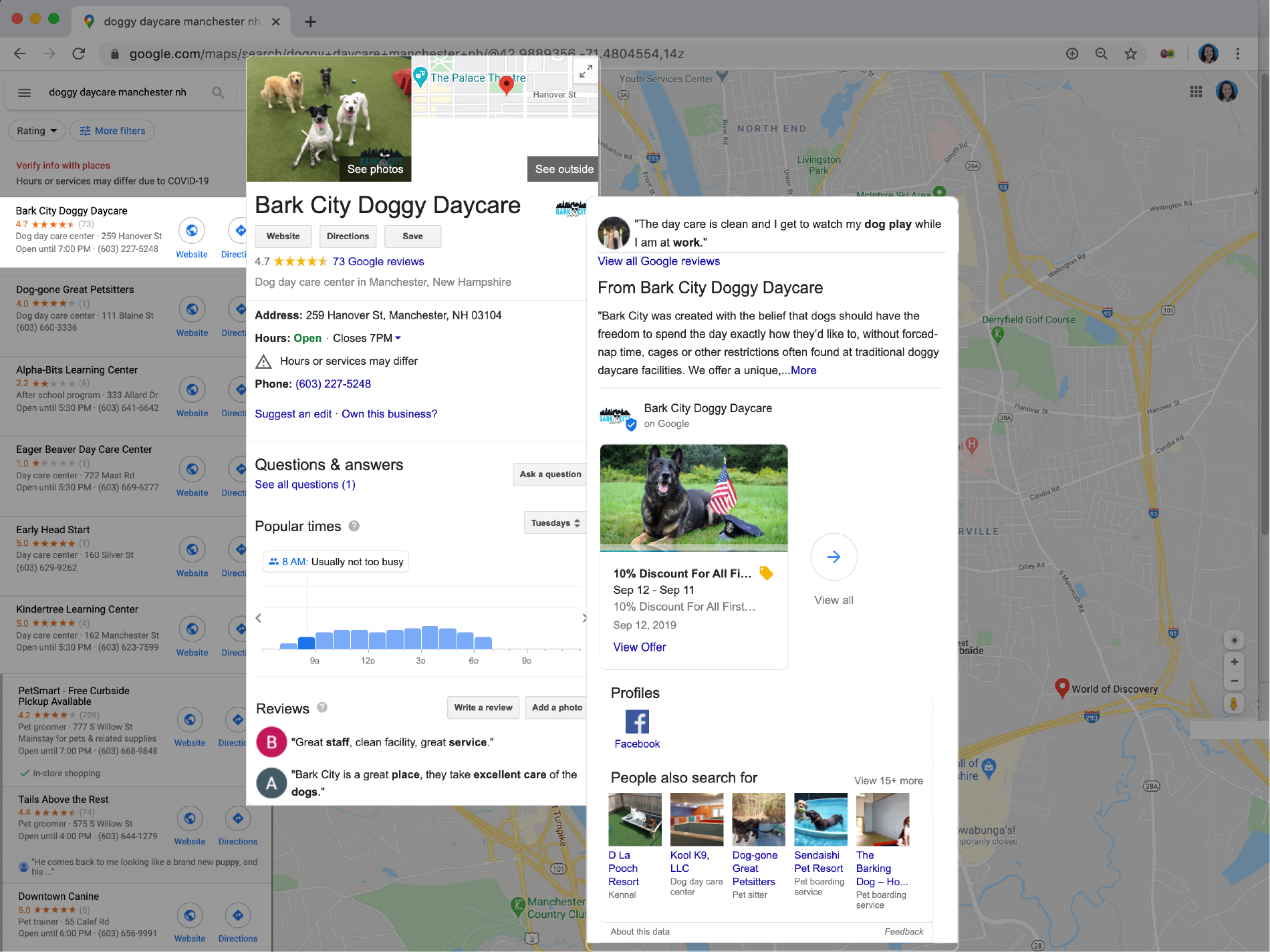A Guide to Local SEO for Big Businesses and Franchises
Local SEO is a pretty complex beast. There are many moving parts that are simply not part of an organic business strategy.
And, when it comes to franchising and local SEO, it can get even more complex as the answer “who is responsible for local SEO” is vague at best.
In this article, we will discuss the challenges businesses / franchises face when it comes to local SEO.
First, let’s talk about this: Why do companies tend to view local SEO as a shopping checklist?
In short, local SEO fails when companies don’t have a well-structured plan.
Common misconceptions include: “If I complete A, B and C, my local presence will improve” or “If we’re doing traditional SEO, the local will fall into place”.
For local SEO to be successful, businesses need to define the success aspect and develop an ongoing plan that is scalable.
While businesses of any size can be subject to this mindset, it is large corporations and franchise systems that run the greatest risk of falling into this trap.
5 Challenges Enterprises/Franchises Face When Planning A Local SEO Strategy
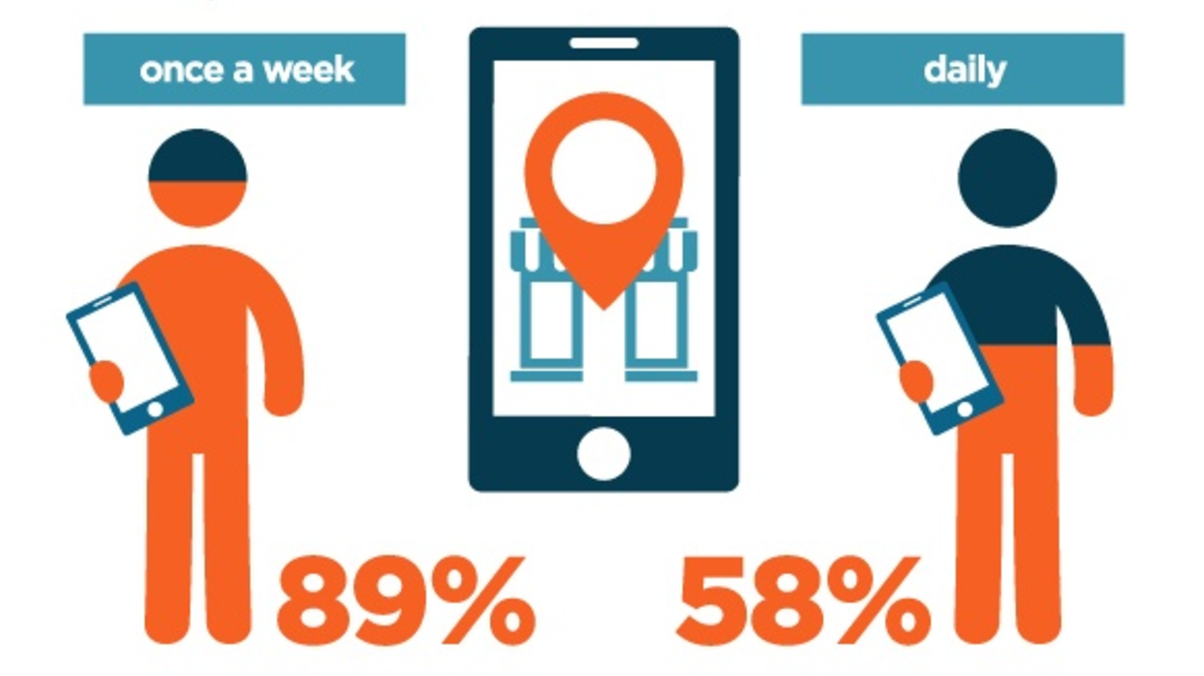
Regardless of the channel, large companies have inherent advantages over small competitors, including but not limited to:
While these built-in resources will certainly help, if ignored, the cons of larger companies with 100+ locations outweigh the benefits, especially when it comes to local SEO.
1. Budget
A common pain point I hear when talking to a business / franchise is how XYZ’s tactic is not in the budget.
So, let’s say for smiles and giggles that you have a scalable, frictionless way to get local managers / owners to upload images to a Google Business profile.
Now, this will help solve a huge problem businesses / franchises have. And every time I talk to one, they agree that they need something like that.
But when it comes to financing, they won’t pay for it. Funds may be better spent on something like AdWords, they say.
Why this line of thinking? Simply because most SEO activities cannot be traced back to a hardline ROI where you spend $ X and get $ Y.
The CFO or other interested parties would rather play it safe, keep the status quo, not rock the boat and let their numbers continue to look good. #policy
2. Ignorance Is Bliss
If there has never been a strategy defined within the organization, it may be difficult to gain the consent of others. I see this in many organizations.
If they have a loosely planned strategy and the roles have not been defined, a stakeholder can easily say: “I’m not sure what X or Y or Z is doing and I think they own a place, or part of it, and really need it. to decide. “
Then, the dollar is passed on to another person who thinks the same way.
3. Slow Decision Making
Large businesses are generally not as adaptive and flexible as small businesses.
A simple decision is involved including 10 people in the decision making process, some of whom have nothing to do with the solution.
And then you have that #politics I talked about.
In dealing with a large firm, I ran into a situation where the social media team made decisions locally … and the head of that team was tied to the CEO.
Guess who called the shots but never came to meetings?
In addition, the only person qualified to be in charge of the venue was in charge of other aspects of digital marketing.
As a result, businesses that should be child’s play – claim local listings, hire a new supplier, etc. – they can drag on for months.
I’ve seen companies regret not being urgent when it comes to requesting listings.
Something as simple as changing phone numbers can result in local traffic dropping off the map due to data inconsistencies.
In drastic cases, unclaimed and outdated listings have plunged Google’s business profile traffic by more than 50%.
Then there’s a simple conversation about how to comply with Google business profiles, which if not addressed can result in account-level suspensions.
A franchise had different naming conventions for each franchisee and used home addresses for each location, so we’re not at all compliant with Google’s guidelines.
I spoke to them in January to help them become compliant.
The conversation went on for over eight months and included six departments. At the end of the day, the CFO rejected the idea.
The solution wouldn’t cost that much. But in month 11, suddenly 75% of the drives shut down. It was an account-level suspension. This lasted for two months.
It’s two months of lost revenue, some franchises going out of business, and a huge headache.
4. ‘Bystander Effect’
The lack of defined roles, coupled with the fact that the company has many people on the marketing team, can lead to the spread of responsibility and many points of view.
A common local activity that falls victim to the “Spectator Effect” is the management of reviews.
Who should be responsible for the response? Customer service? Shop managers? Regional executives?
The truth is, there is no right answer – choose one but make sure the job gets done. And clarify the responsibilities.
One thing to point out here, franchisors have a unique problem when it comes to liability.
Businesses can face this problem too, but not as much as franchisors do as they normally work within one of the few types of franchise systems.
a. The franchisor controls the marketing.
This is rare but ideal because the responsibility lies with the franchisor. You may still have the above issues related to slowness, budget and roles, but the decisions are happening in one place.
B. The franchisor sets the GBP and delivers it to the franchisee.
The affiliate takes over their marketing from there. This causes a whole host of problems such as inconsistencies.
It often also results in inaction on the part of franchisees simply because they are in their franchise business, not the local marketing or SEO business.
C. Affiliates share a marketing pool.
The best system I’ve seen is where there is a fund in place for affiliates to spend on marketing.
They can make a decision and the franchisor has a preferred supplier market, where the franchisee gets a percentage discount for using an approved supplier.
5. Scalability
Volume is probably the biggest hurdle to overcome.
Let’s use Google’s Q&A as an example: 100 locations x 3 questions / month x 5 minutes per answer = 25 hours / month.
And this is a conservative estimate that represents only a small component of local SEO.
The good news is that a well-defined plan not only overcomes the hurdles listed above, but produces a successful and scalable local SEO strategy.
Before expanding on viable local SEO plans, it’s important to point out the often overlooked first steps:
Mandatory Digital Marketing Goals: Define what success means for local SEO.
Common goals include increases in:
Establish roles and responsibilities: Just like any other teamwork, local SEO requires a team.
5 Local SEO Best Practices For Enterprises/Franchises
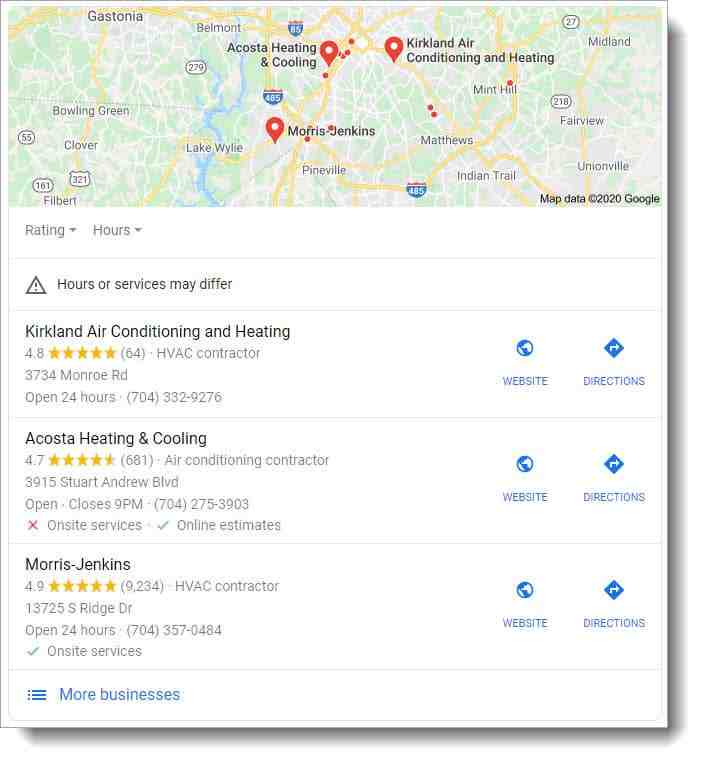
Below are five local SEO practices that will help you achieve your business goals. Each section has been divided into:
(In most cases, these should be implemented but treated more as a baseline. In some sections, the baseline doesn’t exist, so I’ve listed what not to do instead.)
Basically, some businesses do the basics and think they are done or choose to put their heads in the sand.
(See Creating Local Links, Managing Revisions, and Managing Citation in the steps below for examples.)
These will separate your business from the competition, if only for the fact that most stick to the basic approach!
1. On-Page Local SEO
Competitive advantage practices that require ongoing management & amp; Planning
a. Create and implement a plan for local content opportunities.
These can be embedded in a blog or directly into store location pages to help differentiate hundreds of similar store pages.
The content doesn’t have to be about the products you sell.
In fact, it focuses most of the content on anything but selling your product.
Make something that is useful and useful for your client / audience.
B. Take a disciplined and consistent approach to adding new content to your store pages.
Content ideas include unique store photos, videos, store manager profiles, or other local city information related to your business.
C. Make a plan for ongoing content production.
I’m talking about blog posts, white papers, case studies, social media, GBP, and other forms of content. Plan for local content that matches the tones of the location.
An easy way to create unique shop pages is to add short, localized paragraphs to each location.
2. Google Business Profiles
Competitive advantage practices that require ongoing management & amp; Planning
a. Invest in a tool like GatherUp or GradeUS.
These tools have easy-to-use features that allow managers to receive notifications whenever a user leaves a review, among many other local management features.
Then, create some generalized models that service reps can refer to when responding to customer feedback.
B. Create a monthly calendar to use useful but optional features like Google posts, product posts, and Google Q&A.
Establish guidelines on how often Google posts are used, what types of content to post, and how to find non-stock images.
C. Upload images on a weekly basis, preferably by location.
D. Change store hours to reflect store closures and special holiday hours.
Google Business Profiles allow managers the option to bulk upload store time changes.
(This is usually controlled at the company level if they run ads or through an ad provider like Yext.)
And. Establish a culture that constantly analyzes the competitive landscape in the Local Pack.
Regularly check local rankings for important keywords using tools like Local Rank Tracker, MobileMoxie, or Local Falcon.
These tools are great because they allow you to check local rankings without looking for a position modifier (for example, sushi restaurants in Austin).
Be a chat about others who are spamming GBP. Common culprits are keyword stuffing or adding positions directly into the company name.
G. Add unique UTMs to your local and GBP directories.
Analyze traffic directly in Google Analytics. Although GBP provides data directly in the interface, I find it useful to include the data in GA reports.
h. Enable messaging and quotes / reservations / orders in GBP (if available).
Then decide who will be responsible for this function.
Some tools like Podium will help you resize it. (Side note: sign up for Local Service Ads, if available.)
3. Local Link Building
Competitive advantage practices that require ongoing management & amp; Planning
a. Big brands are involved in the community but fail to maximize their engagement from a connecting perspective.
Take inventory of all public relations events and set up an outreach process to ensure you receive a return link.
Join your community. Sponsor events. Support other activities. Host networking events.
Most beneficiaries will gladly link back to your local branch page, some just need a reminder.
B. Brands tend to think too big while local SEO is … well, it’s local!
Don’t get bogged down in thinking nationwide and don’t be overwhelmed by the insane number of locations you run.
Start small and gradually build a process for other positions.
Better yet, once you are successful in a local market, let that local manager become your internal supporter.
C. Develop a cohesive process for local managers / owners to follow.
Explore sponsorships, scholarships, workshops, conferences, and news opportunities.
4. Citation Management
Competitive advantage practices that require ongoing management & amp; Planning
a. Use Yext or Moz Local to create, verify and optimize ads for brands with multiple locations.
These are scalable tools perfect for businesses with over 100 stores. They help push citations, clean up duplicate data, correct incorrect data, and defend online presence.
B. Assign designated resources to actively monitor and update information.
Always try to improve your ads.
Problems will undoubtedly arise and you want someone to be able to make the appropriate brand decisions when they come across questionable content.
C. Create citations for TripAdvisor, Yelp or other industry-specific platforms.
Look for those that aren’t auto-generated with a tool like Moz Local and local citation opportunities like the Chamber of Commerce.
5. Reviews
Basic practices (which they do too many, don’t be one of them!)
Competitive advantage practices that require ongoing management & amp; Planning
a. Prioritize timely management of reviews.
78% of customers focus on the most recent reviews, and 69% are more likely to use a company that has responded to existing reviews.
B. Ask all customers to leave reviews (without incentives).
This can be managed through an internal CRM system or automated tools such as GatherUp. Taking reviews is a simple numbers game. The more you ask, the more you get.
C. Respond to all reviews, good and bad.
Consumers expect to see a negative review here and there, but how you respond is crucial. Think about how another consumer will feel after reading your answer.
Summary
If in doubt about local SEO, focus on activities that provide value and solve problems for customers.
This is an obvious point, but the underlying principle is valuable and too many don’t.
In general, consumers are lazy and selfish (like all of us).
Our job is to make their life as simple as possible.
Customers are more likely to support, search for, and refer to brands they truly care about.
Featured Image: Paulo Bobita / Search Engine Magazine
SEO is arguably the most convenient channel for businesses today. SEO also adds incremental value in several ways. Help maintain brand equity, help inform product and sales. SEO can also be used as a PR channel and vice versa.
Can SEO make you rich?
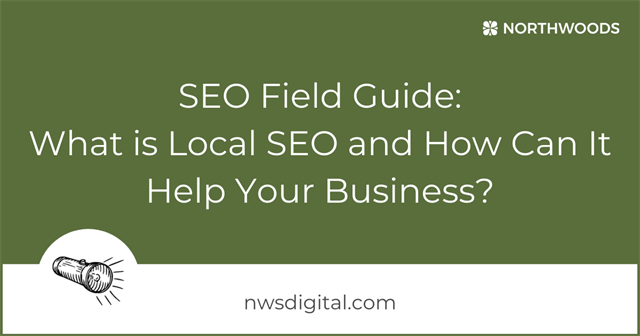
Yes, SEO can make you rich if you know what you are doing. In fact: SEO has helped me drop all debt and build my net worth beyond what I thought was possible.
Is SEO a good investment? SEO isn’t just necessary for your business, it’s one of the biggest investments you can make. You can think of SEO as investing money in a 401K for your business – it’s money that will gain value over time and stay in your account.
Can you make a lot of money with SEO?
The simple answer is that SEO can be a great way to earn a decent living, and as long as you have the skills to scale an SEO practice, the sky is the limit. Nowadays, there are many ways to make money online – from setting up an e-commerce site to setting up a blog to promote products and services.
How much can you make from SEO?
At the median, an SEO specialist earns $ 49,000 per year, with the median salaries of SEO managers significantly higher, at around $ 63,000. On the high end are SEO Directors, who typically make between $ 70,000 to $ 120,000, and SEO Team Managers and Campaign Managers, in the $ 50,000 to $ 100,000 range.
Can SEO make you millionaire?
If you’re looking for a way to get rich quick, SEO (Search Engine Optimization) is absolutely the way to go. It is so incredibly EASY to make a lot of cold and hard money with SEO! All you have to do is follow the checklist below, so relax and admire yourself as you rack up riches beyond your WILDEST DREAMS!
Is SEO worth it in 2022?
Local SEO will thrive in search results: Local SEO will be effective in online marketing in 2022 and even as the pandemic disappears, studies and polls say that people prefer to work and study at home and will likely do so after the pandemic.
Is SEO difficult?
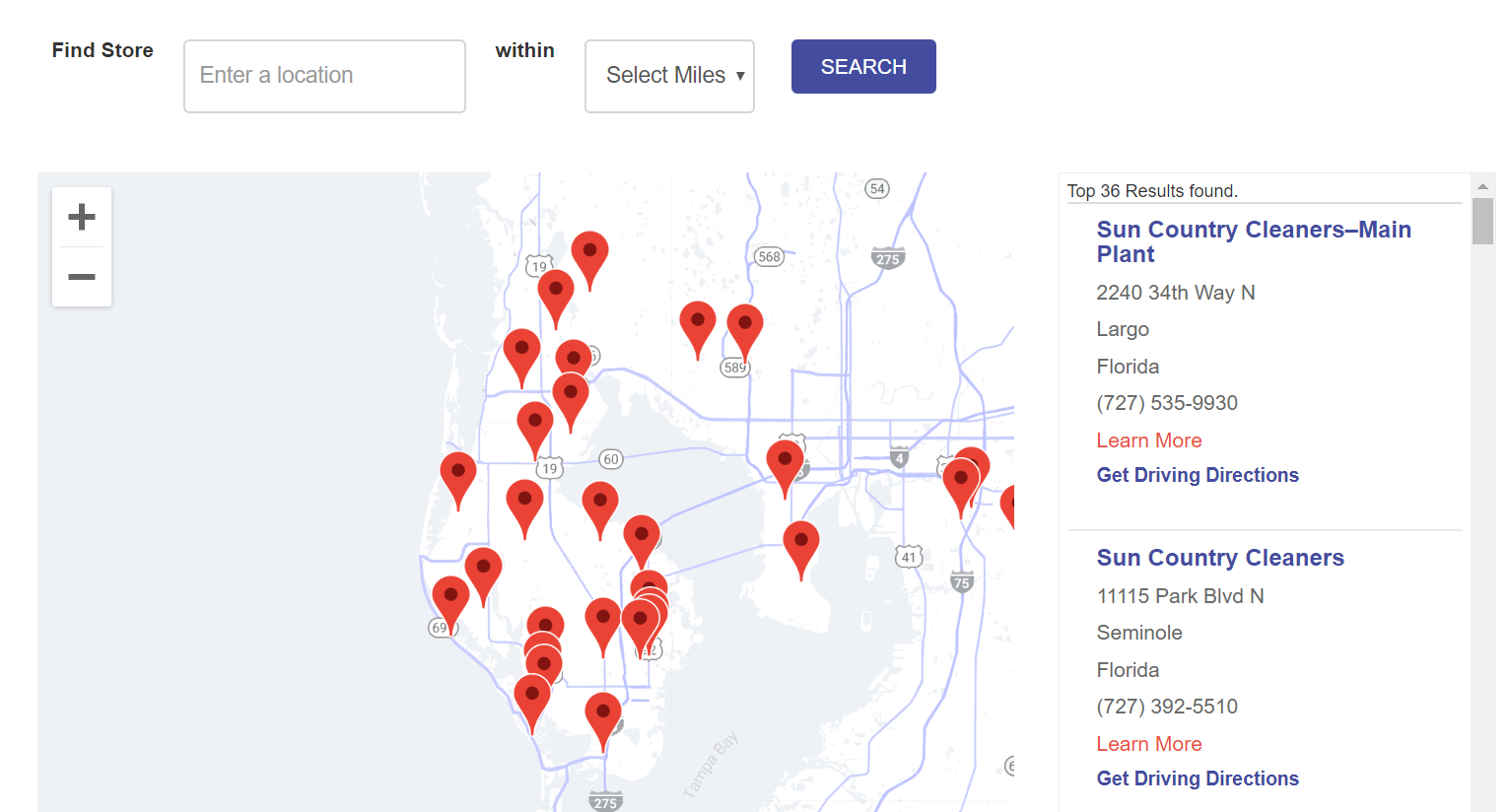
SEO itself is a complicated discipline. It combines a large number of tools, best practices that evolve from time to time and constantly adapt to Google updates. The main reason behind the complexity we now experience are the numerous changes to Google’s algorithms such as: Broad Core algorithm updates.
Is SEO a Difficult Skill? At the top of the list of difficult skills is search engine optimization. The study data is based on a LinkedIn survey conducted by Microsoft with 600 participants from global marketers. According to the survey results, the most important skills marketers need to have in the 1920s are as follows.
How long does it take to learn SEO?
It could take anywhere from 4-6 weeks up to 5-8 years to learn SEO depending on factors, such as the level you want to achieve, the amount of time you are willing to devote to learning SEO, your current experience, how much persistent you are, what resources do you use and more.
How long does it take to become an SEO?
To become an SEO expert, you need to learn advanced SEO concepts that take 6 to 18 months. As long as you get expert advice and consume knowledge every day, you can achieve this.
How can I learn SEO fast?
Here are 6 best ways to learn SEO so you can become an SEO expert in no time:
- Get an SEO suite. First, get an SEO Suite! …
- To read. The conventional answer to learning anything is by reading. …
- Get an SEO mentor. …
- Mingle with like-minded people. …
- Learn with SEOPressor Connect. …
- Run your SEO experiment.
Is Learning SEO difficult?
SEO is simply not as difficult as people pretend it is; you can get 95% of the effort with 5% of the work and you absolutely do not need to hire a professional SEO to do it, nor will it be difficult to start ranking for well-chosen key terms.
How much does it take to learn SEO?
It takes 1-3 months to learn the basics of SEO. The basics of search engine optimization can be understood and learned within 3 months, however, more advanced concepts can take 6 to 18 months. This is provided that you are consuming knowledge on a daily basis and learning from experts.
Is SEO difficult to learn?
SEO is simply not as difficult as people pretend it is; you can get 95% of the effort with 5% of the work and you absolutely do not need to hire a professional SEO to do it, nor will it be difficult to start ranking for well-chosen key terms.
Is SEO a good career?
‘Yes. SEO is a good career option as it is among the most sought after careers in the digital marketing field. There are several organizations around the world that hire SEO professionals to generate better content and thus produce more business leads.
Can you self learn SEO?
Fortunately, you can learn everything you need online and through the app, making a bachelor’s or college education in SEO unnecessary. In fact, most SEOs are self-taught, mostly using free online resources to learn (many of which will be discussed in this guide).
Is SEO an easy job?
It’s hard work, but what success comes easily? This article focuses a lot on the skills you should acquire as you learn, ranging from basic to advanced. The skills you will need to enter SEO, start a career at an entry level, and progress to a senior role in the industry.
Why is SEO so difficult?
To sum it up, SEO is difficult because search engines are constantly changing and updating. It could be anything from Google that changes how they look at a certain type of link, including a major new update to their algorithm, or even recognizing something new as a ranking factor.
What is the most difficult part of SEO?
According to Scott Langdon, managing partner of Higher Visibility, “One of the most challenging parts of SEO is remembering that it’s not about making a single aspect of SEO work well; instead, it is a question of integrating all the parts to obtain a cohesive plan.â € To do this, a lot of research, practical experience and time are …
What is franchise brand fee?
A franchise fee is the payment a franchisee makes to the franchisor for the right to use the company’s trademark, products, and intellectual property. This can be done in advance or on an ongoing basis as per the terms of the franchise agreement.
Why do I pay a franchise fee? Advance payment of the franchise fee opens the door to franchisors’ proprietary business systems and more. Get the complete setup. The franchise fee is literally a license to own and operate the franchise business. That’s why you have to pay for it.
What does franchise fee include?
The franchise fee covers the cost of your application, training, initial marketing and advertising, sales commission and overhead costs incurred by the franchisor’s business team to set you up.
Are franchise fees the same as royalties?
If you are wondering what these commissions are for, the best way to understand it would be to remember that the franchise commission is a one-time upfront payment to join the franchise system. Royalty is an ongoing payment made in exchange for ongoing support for the duration of the franchise relationship.
Why do franchise owners pay royalties?
Payments are used to maintain the system and ensure that all roads flow smoothly between the franchisor and the franchisee. Royalty payments are typically paid to the franchisor to stay up to date on technological advancements, as well as to enable the creation and marketing of fresh products and services.
What do royalty fees mean?
A royalty is an amount paid by a third party to a product or patent owner for the use of that product or patent. … The royalty rate or royalty amount is typically a percentage based on factors such as rights exclusivity, technology and available alternatives.
What is royalty fee for franchise?
Royalties are the funds that the franchisee pays to use something that someone else has created (in this case, the franchise business idea and the branding). Affiliates create sales, and some of that is paid to the franchisor as a royalty fee in exchange for permission to use its proprietary brands and processes.
What is the difference between royalty fee and franchise fee?
If you are wondering what these commissions are for, the best way to understand it would be to remember that the franchise commission is a one-time upfront payment to join the franchise system. Royalty is an ongoing payment made in exchange for ongoing support for the duration of the franchise relationship.
What does royalty mean in a franchise?
A royalty fee is an ongoing fee that a franchisee pays to the franchisor. This commission is generally paid weekly, monthly or quarterly and is generally calculated as a percentage of gross sales.
What do royalty fees mean?
A royalty is an amount paid by a third party to a product or patent owner for the use of that product or patent. … The royalty rate or royalty amount is typically a percentage based on factors such as rights exclusivity, technology and available alternatives.
What’s the difference between royalty and franchise?
Royalty fees are generally more like commissions paid in connection with a brand license, because the affiliate is essentially paying for the right to use the easily identifiable brand inside and outside the venue, as well as the system or method operating of the franchisor.
What is a typical royalty fee for a franchise?
The average or typical royalty percentage in a franchise is 5 to 6 percent of the volume, but these fees can range from a small fraction of 1 to 50 percent or more of the revenue, depending on the franchise. Marketing commissions. Franchises often require participation in a joint advertising or marketing fund.
How much does it cost to franchise a brand?
How much does it cost to start your own franchise? Franchise startup costs can range from $ 10,000 to $ 5 million, with most costs ranging from $ 100,000 to $ 300,000. The price all depends on the sector, the location and the type of franchise.
What is a typical franchise fee?
An average franchise fee costs between $ 20,000 and $ 50,000, so the owner may have to pay $ 150,000 to $ 200,000 for other business startup expenses.
What is the least expensive franchise you can buy?
12 best low-cost franchises for aspiring entrepreneurs
- Cruise Planners. Franchise Fee: $ 10,995. …
- Fit4Mamma. Franchise Fee: $ 5,495 to $ 10,495. …
- Chem-Dry. Franchise Fee: $ 23,500. …
- Jazzercise. Franchise Fee: $ 1,250. …
- Stratus Building Solutions. …
- SuperGlass windshield repair. …
- Team of mosquitoes. …
- Pillar to send home inspectors.
Does SEO have a future?
The future of SEO will be brand integrity and using partnerships and relationships to build credibility and popularity. The importance of PR and gaining popularity online through other websites and media hubs will be invaluable to SEO success.
Is SEO a Good Career 2021? Yes, SEO is a good career in 2022 because it gives you access to different opportunities. You can work internally, hire clients, and even start and grow your own websites. Additionally, the three most popular websites Google.com, YouTube.com, and Amazon.com are also the largest search engines.
Is there a future for SEO?
The future of SEO in 2023 also includes the creation of evergreen content. Content is a critical component if you want to be successful with SEO in 2023. If you don’t create content, you won’t have anything to rank in search results. If you want your content to rank in search results, you need to optimize it for search engines.
Is SEO worth it in 2022?
Local SEO will thrive in search results: Local SEO will be effective in online marketing in 2022 and even as the pandemic disappears, studies and polls say that people prefer to work and study at home and will likely do so after the pandemic.
Is SEO still relevant in 2021?
SEO still remains relevant and vital in 2021 if you want your business to have an effective online presence.
Will SEO exist in 5 years?
SEO will not be eliminated within the next five years because social media and search engines will most likely merge. Facebook has already started doing this – it averages over 1.5 billion searches every day. Twitter did the same; have teamed up in partnership with Google.
Is SEO good career?
SEO is an excellent career choice if you are passionate about digital marketing and “everything related to the Internet”. It is certainly a career of ongoing learning and development, great financial reward potential, and appeals to those with competitive winning streaks.
Do SEO jobs pay well?
Most Common Benefits The median salary for an SEO specialist is $ 60,909 per year in California. 109 reported salaries, updated as of March 5, 2022.
Is SEO a good career in 2020?
So, yes, SEO could be an amazing career choice today, especially if you are passionate about all things internet. Keep in mind that you will have to keep learning and mastering your skills all the time, as search engines keep tweaking their algorithms all the time.
Is SEO an in demand job?
A study by Eli Schwartz, growth consultant and strategic SEO consultant, shows the demand for SEO professionals on the rise, creating a “seller’s market”.
Will SEO exist in 5 years?
SEO will not be eliminated within the next five years because social media and search engines will most likely merge. Facebook has already started doing this – it averages over 1.5 billion searches every day. Twitter did the same; have teamed up in partnership with Google.
Will SEO become obsolete?
As long as a search engine results page exists, SEO will never be out of date. As long as the algorithm continues to crawl our websites, there will always be a need for SEO professionals. Organic search will always be a channel that can provide immense value to any business.
Is SEO still relevant in 2022?
Will SEO still be relevant in 2022? Yes of course. Although some effective SEO tactics in the past have stopped working, SEO has continued to evolve. Constantly reinventing ourselves to try to best satisfy users’ intentions, eliminating spam, ineffective tactics to improve.
What is the future of SEO expert?
â € œThe future of SEO lies in the use of AI. Google has been tinkering with its new RankBrain algorithm for just over a year. At first glance, AI might seem like the end of the SEO industry. Search engine optimization professionals think that none of the “tricks” used to get rankings will work.
